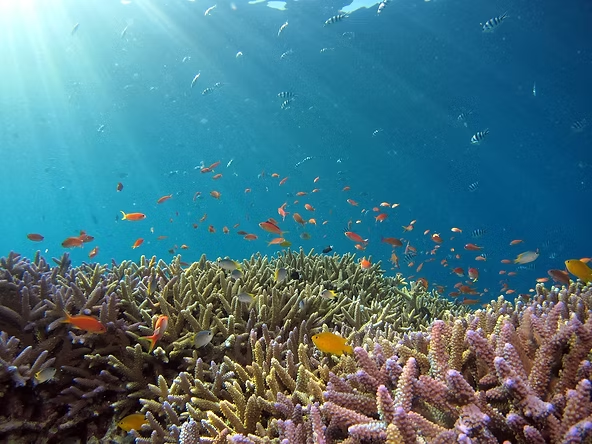Malaysia’s National Oceans Policy Aims to Tackle Pollution and Promote Sustainable Ocean Wealth
Malaysia, bordered by the Straits of Malacca and the South China Sea, has long relied on its oceans for fish and petroleum resources. However, increasing ocean pollution and dwindling petroleum reserves highlight the urgent need for sustainable management.
Challenges Facing Malaysia’s Oceans
Marine life is dying due to toxins, and over-extraction of petroleum, rubber, and palm oil has depleted natural resources. The seas remain a largely untapped treasure, but without proper oversight, their potential as a source of sustainable economic wealth is at risk.
The National Oceans Policy (NOP)
The government’s new National Oceans Policy seeks to address these challenges by implementing a comprehensive and inclusive framework. The NOP emphasizes:
- Holistic ecosystem management
- Protection of local and indigenous culture
- Public participation as a key asset
- Enforcement of the “Polluter Pays” principle
The policy also aims to improve ocean governance, safeguard vulnerable resources, and reduce pollution through stronger laws and regulations.
Combatting Plastic Pollution
Marine animals are increasingly ingesting microplastics, disrupting the food chain. During a recent Asia-Pacific Economic Cooperation symposium, members shared strategies such as enhanced recycling, bioplastic alternatives, and promoting responsible human behavior. One innovative idea discussed was the creation of a transparent urban market for ethically buying and selling plastics.
Towards Sustainable Ocean Wealth
Achieving sustainable economic benefits from Malaysia’s oceans requires both reducing pollution and implementing effective management policies. Through the NOP, authorities hope to protect marine ecosystems while responsibly harnessing ocean resources for long-term national prosperity.

